Youper
Youper is an AI-powered mental health chatbot that delivers cognitive behavioral therapy (CBT) techniques to help users manage stress, anxiety, and depression. Trusted by over 3 million users, it offers science-backed, private, and secure conversations. The app’s core features include Quick Chats for instant CBT exercises, a Mental Health Record to track conversations and moods, and Insights to identify emotional patterns. A Stanford University study confirms Youper reduces anxiety and depression symptoms, while a JAMA study names it the most engaging digital health tool for these conditions. It integrates with health devices like Fitbit and Apple Health to correlate physical and mental wellness.
The app’s interface is user-friendly, with a chatbot that prompts users to select emotions like “Anxious” or “Calm” and guides them through tailored exercises. Quick Chats focus on reframing thoughts or setting goals, while the Assessment feature screens for common mental health conditions. Youper’s privacy-first approach ensures encrypted data, and it never shares user information for marketing. It’s designed for scalability, supporting providers, employers, and payers to expand mental health access. Over 80% of users report improved moods after use.
Competitors include Woebot and Wysa. Woebot offers structured CBT with daily check-ins, while Wysa emphasizes mindfulness and playful interactions. Youper’s conversational tone is less formal than Woebot’s and more focused on CBT than Wysa’s broader wellness approach. Its free version includes core features, but premium tools like voice journaling require a subscription, aligning with industry standards.
Youper excels in accessibility and engagement. Its evidence-based approach and integration with health data make it a robust tool. However, the AI’s responses can become repetitive, and premium features add cost. The app suits individuals seeking immediate support or organizations scaling mental health services.
Start with the free version. Use Quick Chats daily to address stress, track moods in the Mental Health Record, and review Insights to understand triggers. It’s a practical way to explore AI-driven mental health support.
Video Overview ▶️
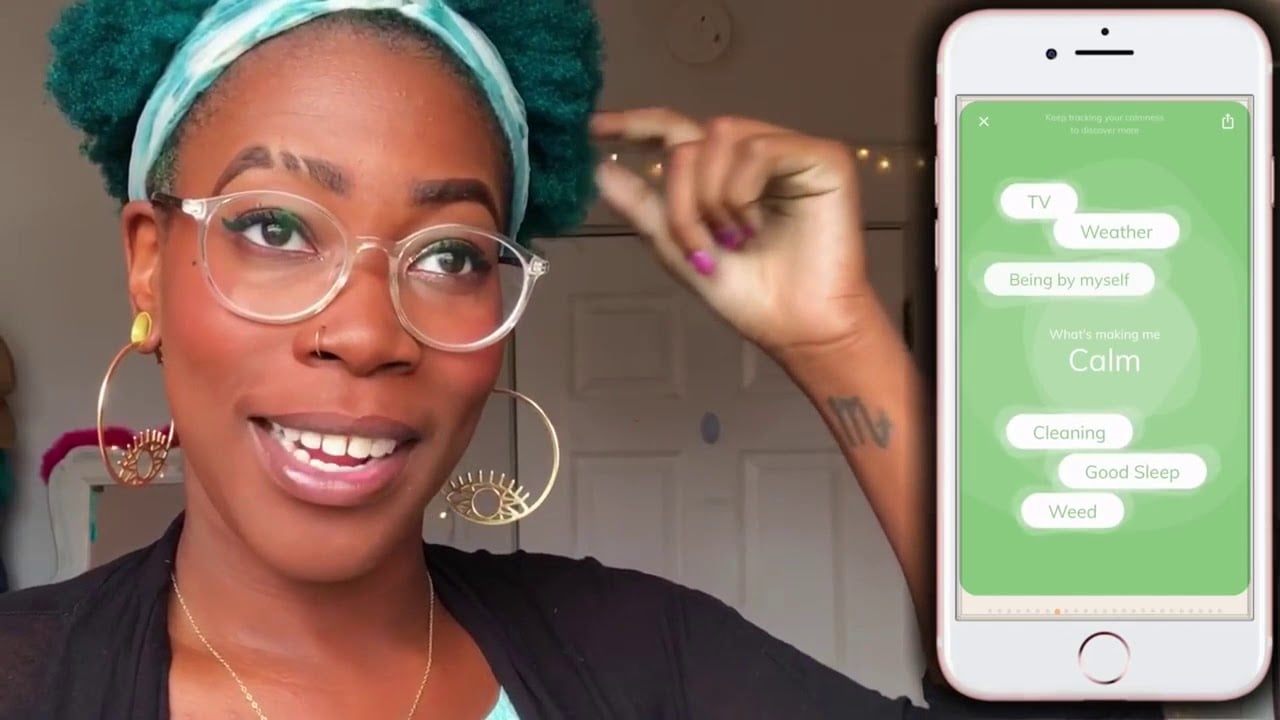
What are the key features? ⭐
- Quick Chats: Delivers instant CBT exercises to manage stress or anxiety.
- Mental Health Record: Organizes conversations and mood logs securely.
- Insights: Provides data-driven patterns of emotional and behavioral health.
- Assessment: Screens for common mental health conditions to personalize support.
- Health Integration: Syncs with devices like Fitbit for holistic wellness tracking.
Who is it for? 🤔
Examples of what you can use it for 💭
- Individual User: Uses Quick Chats to manage daily stress with CBT exercises.
- Healthcare Provider: Integrates Youper to extend patient support between sessions.
- Employer: Offers Youper to employees to boost workplace mental health.
- Payer: Deploys Youper for cost-effective mental health solutions for patients.
- Life Sciences Company: Uses Youper as a companion app for mental health therapies.
Pros & Cons ⚖️
- Clinically validated by Stanford research
- Engaging, empathetic chatbot interface
- Integrates with health devices
- AI responses can feel repetitive
- Limited nuance in complex emotions
FAQs 💬
Related tools ↙️
-
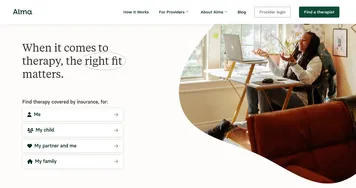 Alma
Streamlines therapy practices with AI notes and insurance tools
Alma
Streamlines therapy practices with AI notes and insurance tools
-
 Thoughtful
Automates healthcare revenue cycle tasks with AI precision
Thoughtful
Automates healthcare revenue cycle tasks with AI precision
-
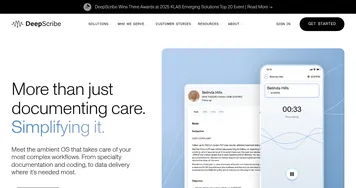 DeepScribe
Transforms patient conversations into accurate clinical notes
DeepScribe
Transforms patient conversations into accurate clinical notes
-
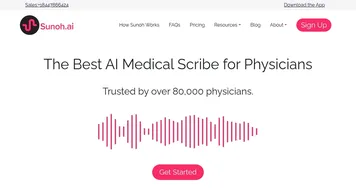 Sunoh.ai
Transcribes patient-provider conversations into clinical notes
Sunoh.ai
Transcribes patient-provider conversations into clinical notes
-
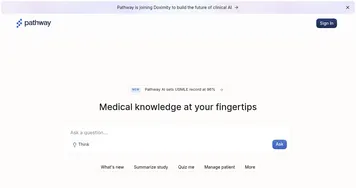 Pathway
Provides rapid access to evidence-based medical guidelines and algorithms
Pathway
Provides rapid access to evidence-based medical guidelines and algorithms
-
 X-ray Interpreter
Analyzes X-rays, CT scans, MRIs, and ultrasounds with AI for quick diagnostic insights
X-ray Interpreter
Analyzes X-rays, CT scans, MRIs, and ultrasounds with AI for quick diagnostic insights

